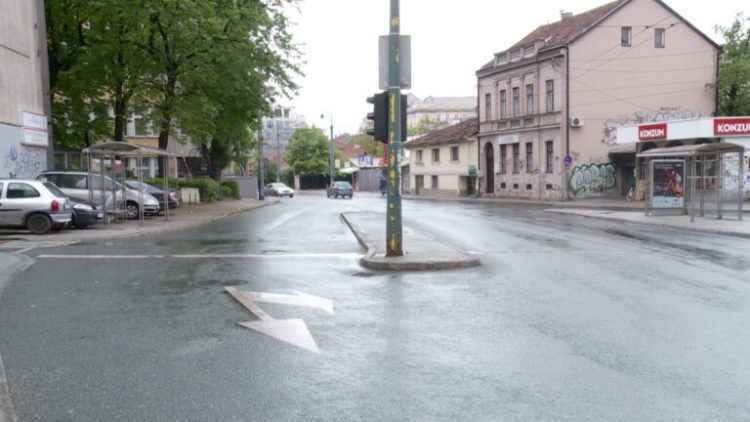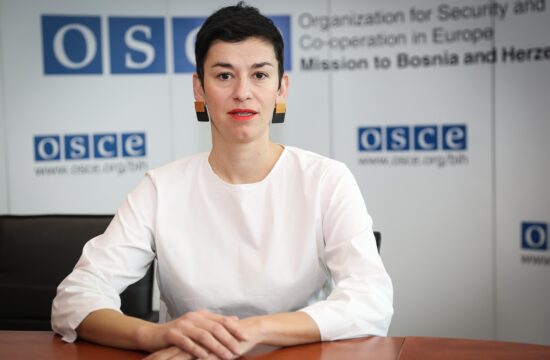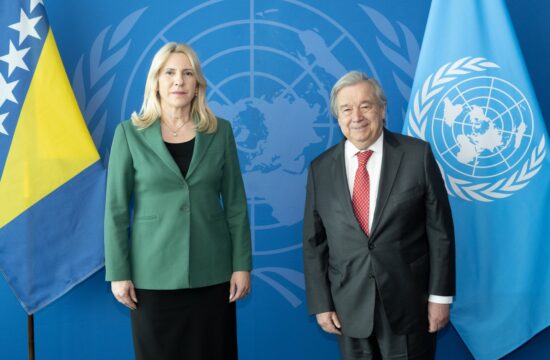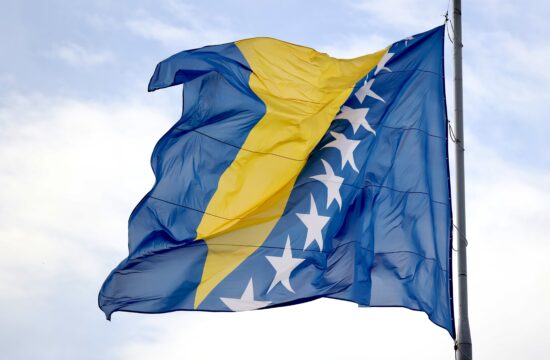
On this day in 1992, the exchange of soldiers from the Bistrik Barracks and the military deputy of the Yugoslav National Army (JNA) for the then-President of the RBiH, Alija Izetbegovic, who was kidnapped at the Sarajevo airport the day before, was supposed to take place.
A firefight between a defender of Sarajevo and a member of the JNA took place when a convoy containing 261 people was stopped. Despite the order not to shoot by BiH Army General Jovan Divjak, the BiH Prosecutor's Office said, eight people were killed and 24 injured in the vehicle convoy.
But Bosnia’s Republika Srpska (RS) entity authorities claim otherwise.
Milutin Kukanjc, who led the withdrawal of the JNA from Sarajevo, confirmed that the number of dead is being manipulated, i.e. that it is significantly lower, in an interview with Radio Free Europe as early as 2000.
“In this Dobrovoljacka Street, they attacked an ambulance. One soldier died – Tomovic Zdravko from Han Pijeska, three colonels – Sokic Miro, Radulovic dr. Budimir and Mihajlovic Bosko, and one lieutenant colonel – Jovanic Bosko, and one woman, a Muslim – Suko Nirmela, who came from Zagreb with this unit and she said: ‘I don't want any other army, I'm going with my army, even if I die.’’ Thus six people died – out of 261,” Kukanjac said at the time.
In May of last year, the BiH Prosecutor's Office filed an indictment in the “Dobrovoljačka” case.
In addition to Ejup Ganis, the accused for war crimes against prisoners of war and crimes against civilians are: Zaim Backovic, Hamid Bahto, Hasan Efendic, Fikret Muslimovic, Jusuf Pusina, Bakir Alispahic, Enes Bezdrob, Ismet Dahic and Mahir Zisko.
The indictment refers to the events of May 3, 1992, but as previously announced by the Prosecutor's Office, evidence was collected relating to the death of eight murdered victims with established identities, including civilians and medical personnel, the wounding of 24 people, and the capture of dozens of soldiers and civilians who were tortured and abused.
According to their statement, ten of them are accused of having, planned, incited and carried out an attack on an undefended mixed column of soldiers and civilians employed in the former JNA under the escort of United Nations (UN) peacekeeping forces, within the framework of their functions and powers in the military, police and civil structures, together with their subordinates.
They are accused of not preventing the killing and wounding of soldiers and civilians, of failing to punish the perpetrators of the murder and wounding, of torturing and inhumane treatment of captured soldiers, of not preventing or punishing the perpetrators, as well as of helping them after the crime was committed.





Kakvo je tvoje mišljenje o ovome?
Budi prvi koji će ostaviti komentar!